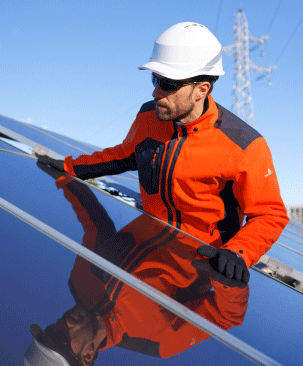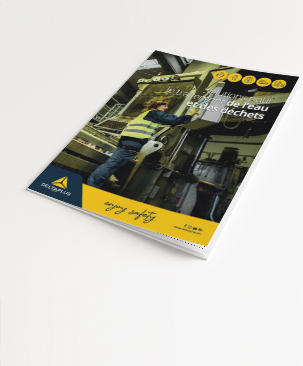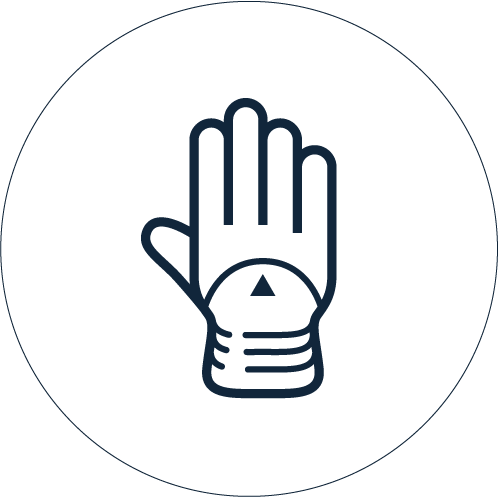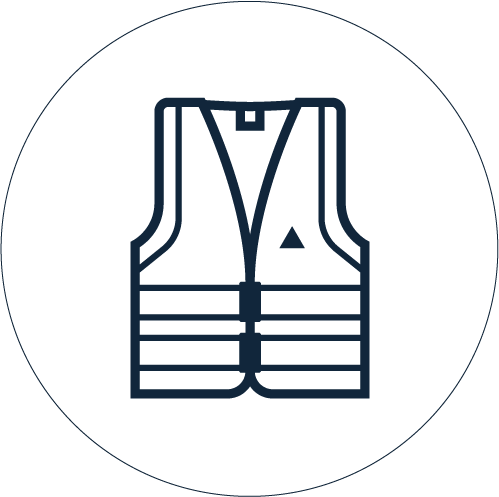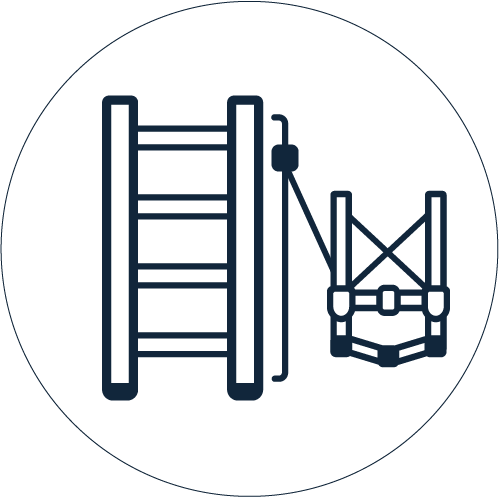Used in potentially dirty working environments, your PPE must be cleaned after each use. The pictograms on each piece of equipment and the instructions will tell you :
- at what temperature,
- with which detergent products,
- and by what method (manual, dry or machine, ironing, tumble drying or not).
As a general rule, solvents and aggressive detergents are prohibited.
- When it comes to professional clothing designed to protect the body, the ideal solution is to wash it inside out, at a moderate temperature, to avoid damaging the reflective stripes, for example, or degrading the protective properties of the textiles (waterproofing, padding against the cold, etc.).
- Helmets must be dusted, ventilated and disinfected using suitable products.
- The more delicate maintenance of protective gloves depends on the material from which they are made. Some can't withstand washing and need to be replaced regularly. Leather gloves can be dusted with a soft brush, while rubber gloves can be rinsed in clear water and dried with a cloth.
Did you know?
To make things easier for you,
Delta Plus has developed several models of machine-washable gloves that won't impair performance when cleaned
- Remove dirt and dust from your protective footwear with a non-metallic brush. For stains, use a damp cloth with soap added if necessary, then leave to dry. Rubber boots can be rinsed with a hose. Some shoe models have removable soles, making them easier to clean.
- Non-disposable masks, particularly their valves, can be cleaned with warm soapy water and then air-dried. Do not dismantle them completely.
- Lanyards and fall arrest harnesses should also be cleaned with neutral soap, then hung up to dry naturally; carabiners should be wiped with a cloth.

